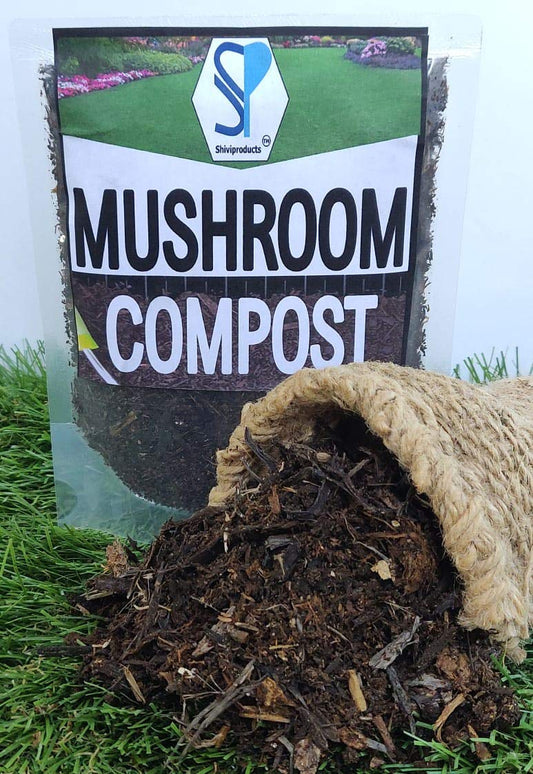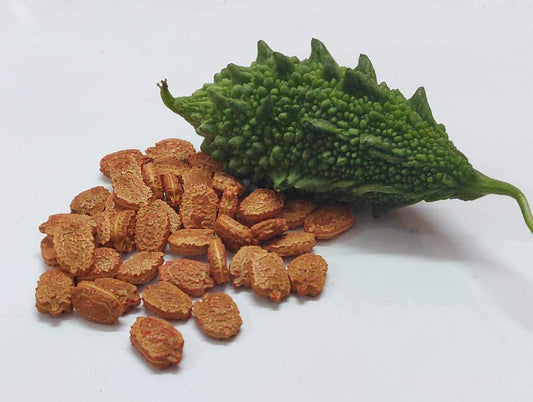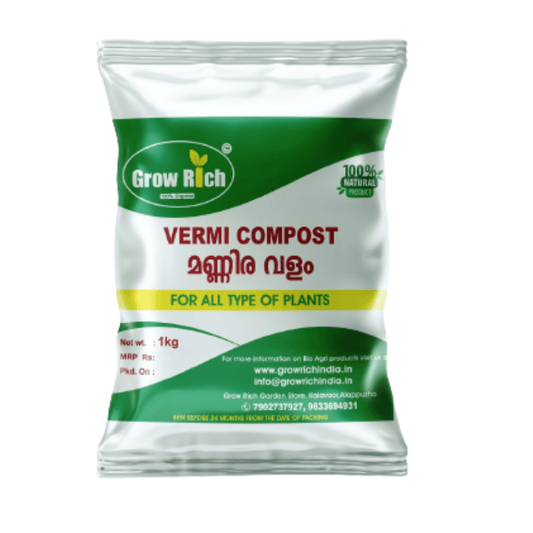In organic gardening, a vermicompost is a powerful tool for enriching soil health and nurturing the growth of vibrant vegetable seeds. Vermicompost, also known as worm castings, is a nutrient-rich fertilizer produced by composting organic waste with the help of earthworms. This natural and sustainable amendment offers a myriad of benefits to vegetable seeds, enhancing their germination, root development, and overall vitality. In this article, we will explore the wonders of vermicompost and how it can supercharge your vegetable seeds, leading to plentiful yields and a flourishing garden.
Understanding Vermicompost
To truly harness the potential of vermicompost, it is essential to understand its composition and the unique advantages it brings to vegetable cultivation. Vermicompost is derived from organic materials such as kitchen scraps, garden waste, and shredded paper that are processed by earthworms. As the worms digest the organic matter, they enrich it with beneficial microbes and enzymes, creating a humus-like substance that is nutrient-dense and teeming with microbial life.
The Benefits of Vermicompost for Vegetable Seeds
Nutrient-rich soil amendment:- Vermicompost is a powerhouse of essential nutrients, including nitrogen, phosphorus, potassium, and micronutrients. These nutrients are readily available for plants, promoting healthy growth and robust yields.

Enhanced soil structure and moisture retention:- The presence of vermicompost in the soil improves its system, creating a crumbly texture that allows for better root penetration and aeration. Additionally, vermicompost acts as a sponge, improving the soil's water-holding capacity and reducing water runoff.
Beneficial microorganisms:- Vermicompost is teeming with beneficial bacteria, fungi, and other organisms that establish a harmonious ecosystem in the soil. These microorganisms aid in breaking down organic matter, releasing nutrients, suppressing plant diseases, and enhancing soil fertility.
Hormone-like substances:- Vermicompost contains natural growth-promoting substances, such as auxins, cytokinins, and gibberellins, which stimulate seed germination, root development, and overall plant growth. This leads to more robust, more resilient vegetable seedlings.
Application Techniques for Vermicompost

Seed starting mix:- Blend vermicompost with other sterile growing media to create a nutrient-rich seed starting mix. This provides a gentle and nourishing environment for young vegetable seedlings.
Soil amendment:- Before planting, incorporate vermicompost into the soil to improve its structure and fertility. Mix it thoroughly to ensure even distribution.
Compost tea:- Create a vermicompost tea by steeping vermicompost in water for 24-48 hours. Use this nutrient-rich liquid as a foliar spray or soil drench to provide instant nutrition to vegetable plants.
Conclusion
By harnessing the power of vermicompost, organic gardeners can unlock the full potential of their vegetable seeds, setting the stage for thriving plants and abundant harvests. The nutrient-rich composition, soil-enhancing properties, and beneficial microorganisms of vermicompost work synergistically to create an optimal environment for vegetable growth. Whether you are starting seeds indoors or preparing garden beds, incorporating vermicompost is a natural and sustainable approach to maximizing your vegetable yields. Embrace the wonders of vermicompost and witness the transformation as your vegetable seeds flourish into healthy, productive plants.
